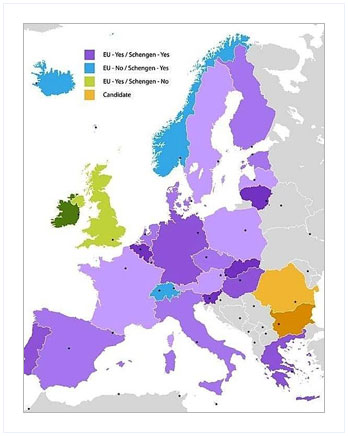Portugal
Originally referred to as the “Eighth wonder of the world”
Imagine living in a country where you can find a huge diversity of landscapes and environments in a small area: sandy beaches as far as the eye can see, golden plains and mountains, vibrant and cosmopolitan cities and a millennial heritage.
In Portugal you can practice water sports, play golf on the best courses in the world, contemplate nature, experience the latests well-being treatments, or just get out into the country and discover unbeatable heritage, wines and cuisine.
For more detailed information about Portugal, please download the useful document created by “aicep Portugal Global”, the national Trade & Investment Agency.
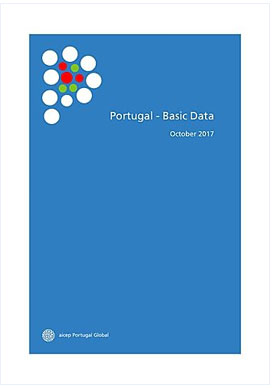
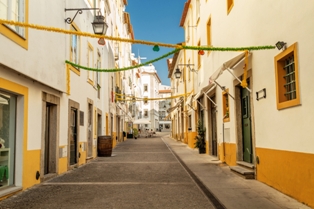
Portuguese winters are mild and summers are hot and dry.The number of hours of sunshine per year reaches as many as 3,300 in the south of the country and 1,600 in the north, some of the longest in Europe.
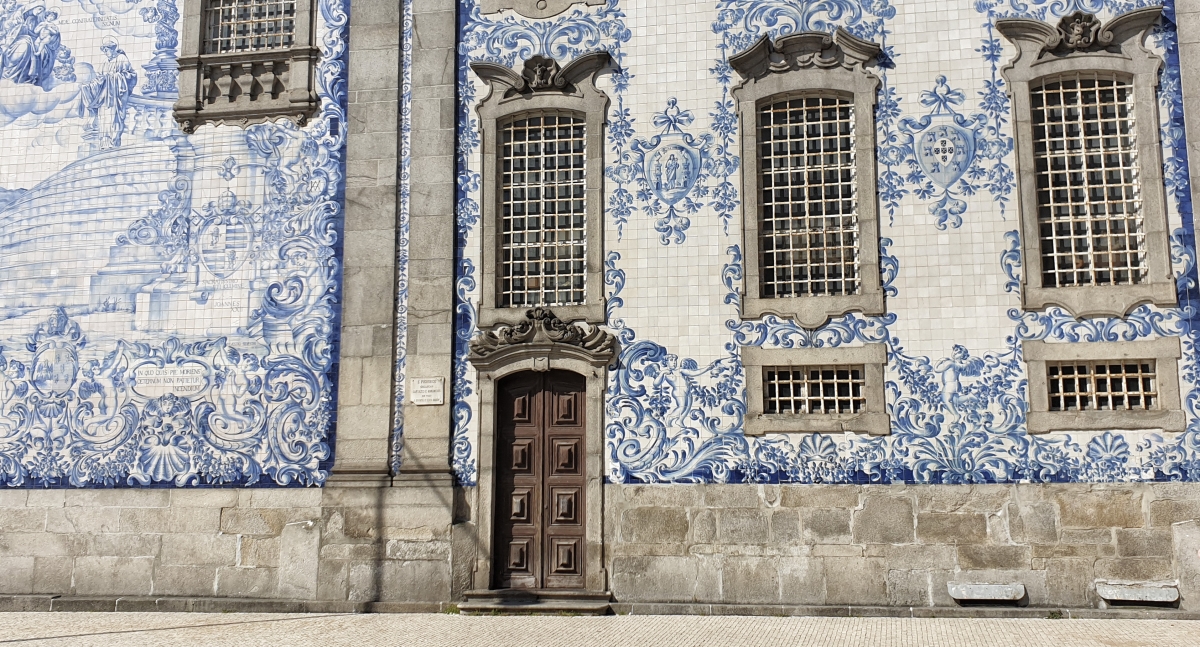
The Portuguese are gracious and friendly, welcoming all visitors regardless of origin.In fact, visitors from all over the world come to Portugal as its location on the western coast of Europe makes it one point of entrance into the Schengen zone. A large part of the population speaks foreign languages, particularly English.
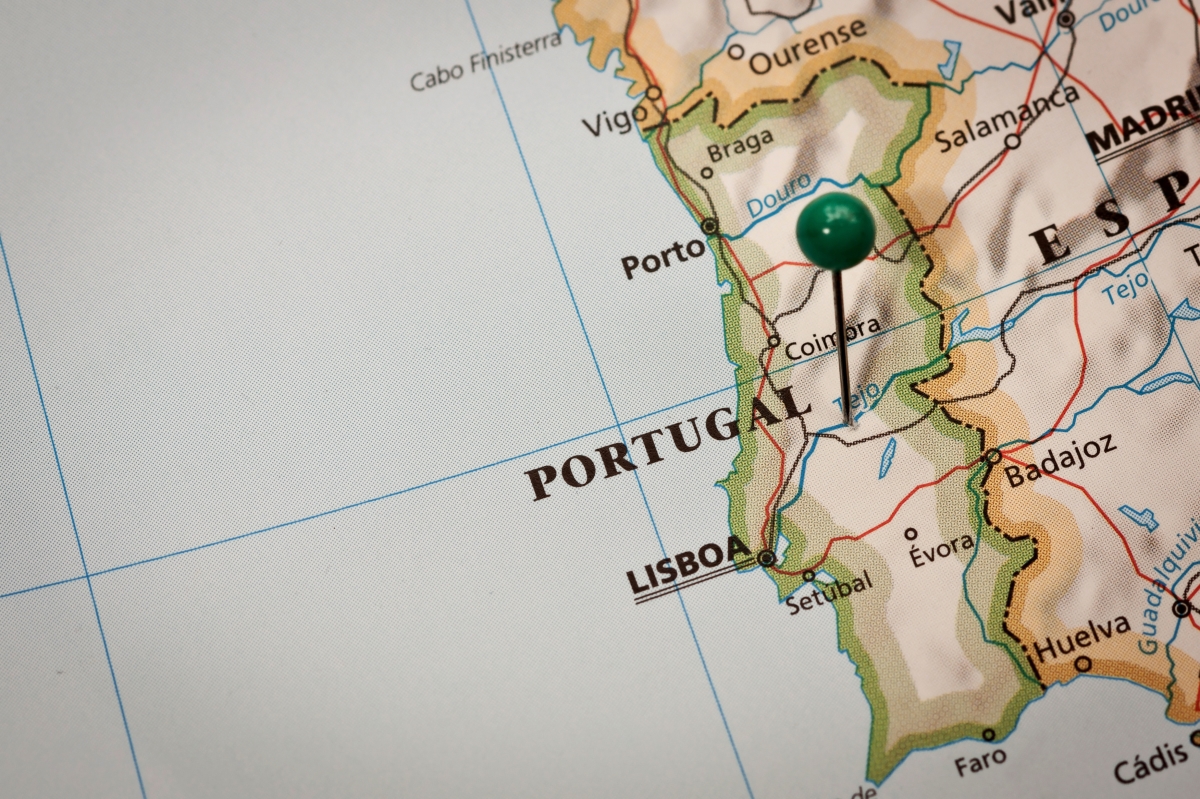
Portugal enjoys an excellent position at the meeting point of three continents – Europe, Africa, and North America – as well as strong ties to South America.The country has long been central to the most important international routes.Here major international airports at Lisbon, Faro and Porto cover the country and provide regular connections to the world’s leading cities.
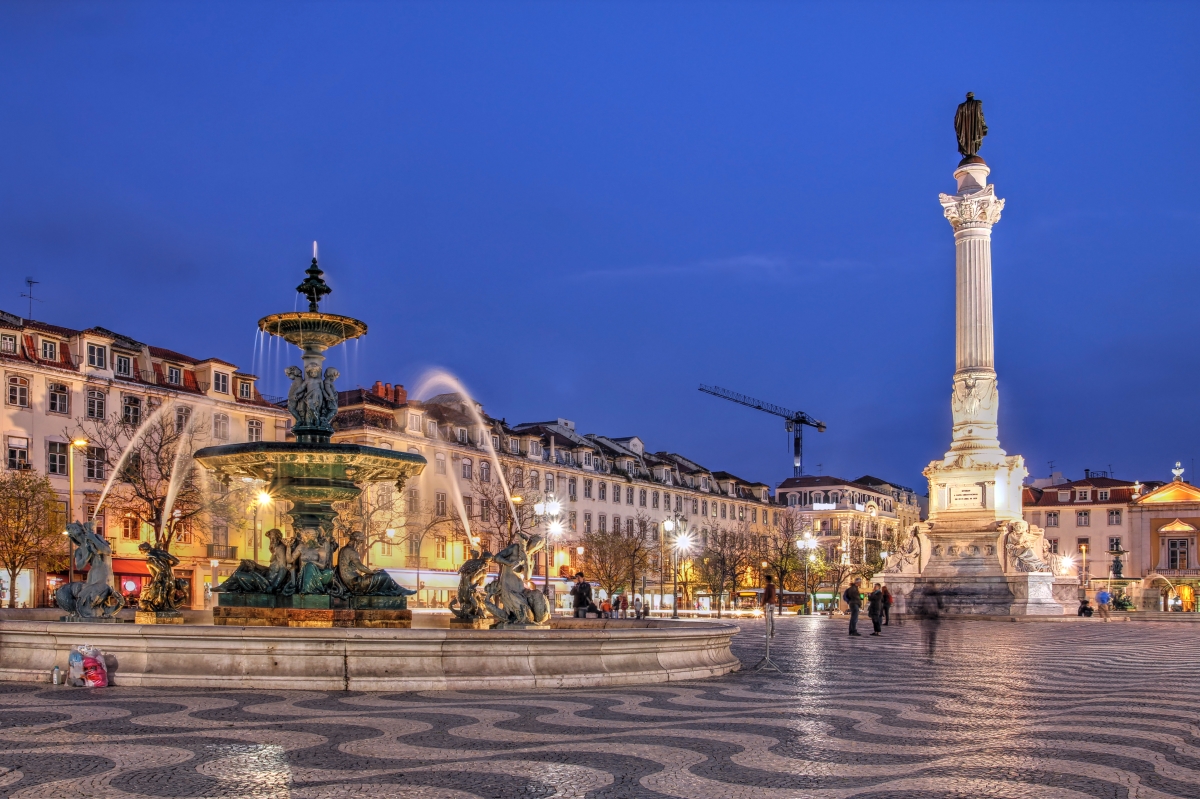
With almost nine centuries of well-defined geographical borders, a democratic parliamentary regime with political stability prevails in Portugal.
Portugal has been a member of the European Union since 1986 and participates in its Economic and Monetary Union, using the euro as its currency.According to the World Bank, Portugal has the 45th largest economy in the world, with one of the highest GDP growth rates over the last 40 years among OECE countries.
Portugal is the 3rd most peaceful country in the world out of a sample of 163 countries (Global Peace Index 2019) and holds 28th place out of 168 countries in Transparency International’s Corruption Perception Index 2015.

Lisbon has been the World Travel Awards best European city break in 2009, 2010 and 2013 and the best cruise destination in 2014 and 2016.Porto was hailed as the 2016 best destination and tourist attraction in Europe. The Algarve has held the crown of Europe’s leading beach destination in 2012, 2013, 2015 and 2016 with many of its hotels also singled out as leaders.Madeira was declared the 2016 leading island destination in Europe.
The Worldwide Quality of Living Survey 2016 placed Lisbon in the top 25 European cities after broad analysis of the overall welfare of society in 221 cities.

Most foreigners consider the cost of living to be low.
According to analysts UBS (Prices and Earnings 2015), the price indices are attractive:

Portugal has a modern, well-organised National Health Service which gives universal, free, nationwide coverage for the population.In addition to the public provision, there are freely available private health clinics, hospital and practitioners.
The hospital network is made up of highly trained professionals and well-equipped units, distributed throughout the country, which have long-standing arrangements with major international insurance companies.
In order to make overseas patients feel more comfortable, hospitals are implementing personalised patient care and monitoring services, with English as the language of communication.
Portugal boasts an Integrated Medical Emergency System, which guarantees rapid medical attention by emergency services to accident victims and anyone suffering a sudden illness.The average emergency call response time currently stands at seven seconds.
The World Health Report by the World Health Organisation awarded the Portuguese health system number 12 in its ranking.
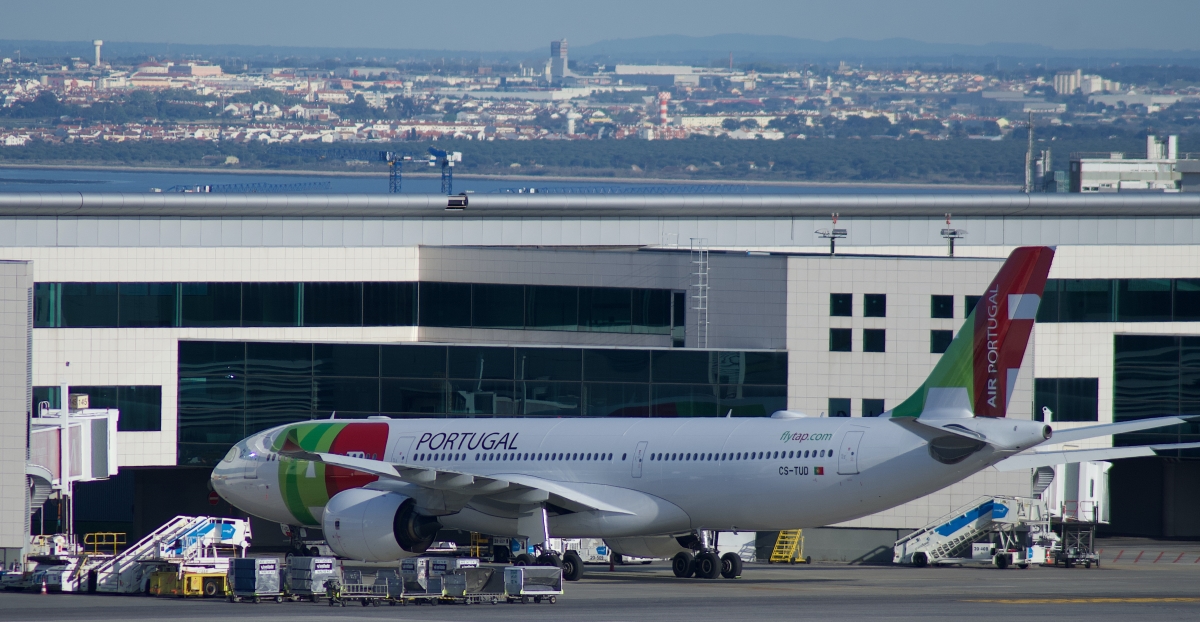
Portugal has 11 international airports with high levels of safety, service and comfort. These airports offer regular connections throughout Europe and major destinations in the Americas and Africa, operated by leading flag carriers and low-cost airlines.
Porto and Lisbon airports have daily services to many European capitals, such as Madrid (1 hour) and Paris or London (2.5 hours), as well as a significant range of other destinations.Intercontinental flights depart regularly to the United States, Africa and Brazil.
Another highlight is the daily direct flight to Dubai, providing fast connections to all of Asia.In addition, frequent flights reach all airports in the Portuguese network, including Madeira and the Azores.
Faro airport is known for its range of low-cost connections to key European markets, particularly the United Kingdom, Germany and Ireland, making the Algarve a destination that is easy to access.
Funchal airport offers regular direct connections to a good number of European countries. London is the destination with the most departures per week, with an emphasis on budget carriers.
For more information, please click on the map or visit below website.
